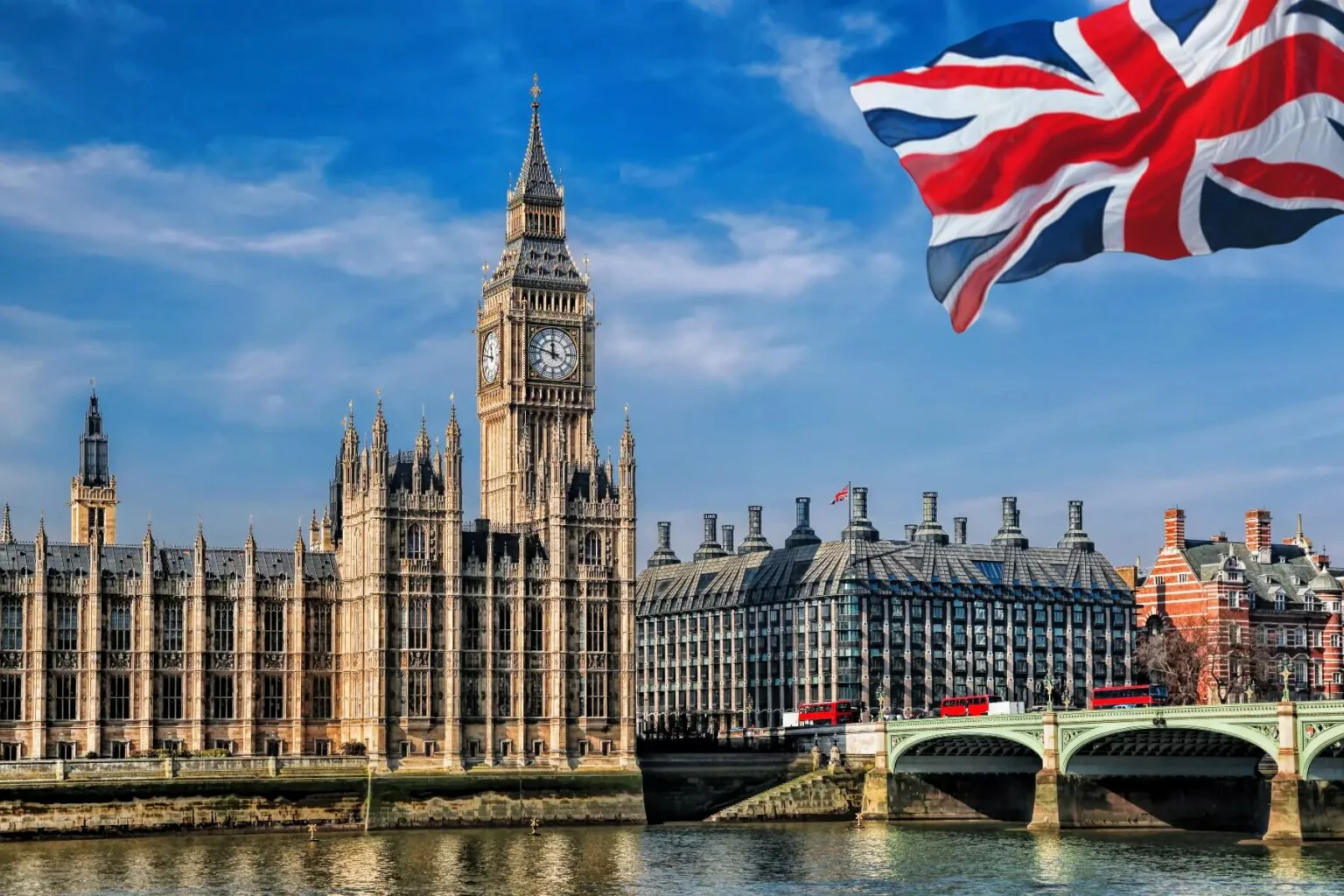London, October 16, 2025 — The UK government has announced an ambitious £2.5 billion Artificial Intelligence (AI) Innovation Strategy, aimed at cementing Britain’s position as a global leader in emerging technologies while addressing public concerns over automation and job security. The initiative, unveiled by Prime Minister Rishi Sunak and Secretary of State for Science, Innovation, and Technology Michelle Donelan, outlines a comprehensive plan to harness AI’s potential for economic growth, public service transformation, and workforce protection.
A Bold Step Into the AI Era
Speaking at the National Science and Innovation Centre in Manchester, Prime Minister Sunak described the strategy as “a generational investment in the technologies that will define our future.”
“Artificial intelligence is no longer the future—it’s the present,” he said. “This plan ensures that the UK not only adapts to the AI revolution but leads it, responsibly and confidently.”
The initiative includes new funding streams for AI startups, incentives for research universities, and grants for small and medium-sized enterprises (SMEs) developing AI-driven solutions in healthcare, education, and finance. The government also pledged to create regional AI hubs in cities including Manchester, Glasgow, and Cardiff to stimulate local innovation outside of London.
Economic Growth and Global Competitiveness
According to government projections, the AI sector could contribute over £200 billion to the UK economy by 2035 if properly supported. Currently, AI-related industries employ more than 50,000 professionals in the UK, a number expected to double within the next five years.
“Britain has always been a hub for creativity and innovation,” said Donelan. “Our AI Innovation Strategy will turn that ingenuity into sustainable economic growth, bringing thousands of high-value jobs to every region of the country.”
The government’s plan focuses on strengthening collaboration between academia and industry. A new AI Knowledge Exchange Fund will connect universities with private-sector firms, encouraging joint ventures in data analytics, robotics, and machine learning applications.
Internationally, the UK aims to compete with the United States, China, and the European Union in shaping ethical AI standards and technological leadership.
Safeguarding Jobs Amid Automation
While the opportunities of AI are immense, public concern remains high about its potential to disrupt traditional jobs. To address this, the strategy includes a £500 million Reskilling and Workforce Transition Fund designed to help workers adapt to automation and new digital tools.
The initiative will offer free retraining programs in data science, coding, cybersecurity, and digital literacy through partnerships with universities, tech companies, and online learning platforms.
“AI should not be seen as a threat to jobs but as a partner that enhances human capability,” Donelan emphasized. “This fund ensures that no one is left behind in the technological transformation.”
Labour unions have cautiously welcomed the announcement but urged the government to monitor the long-term effects of automation on lower-income sectors. The Trades Union Congress (TUC) issued a statement saying, “Investment in reskilling is essential, but safeguards must be in place to prevent mass redundancies as industries adopt AI-driven processes.”
AI in Public Services
Another key component of the strategy involves modernizing public services using AI. The government has already launched pilot programs across the NHS, the Department for Work and Pensions, and local councils to improve efficiency and reduce administrative costs.
For example, AI is being used to analyze NHS patient data to predict hospital admissions, streamline appointment scheduling, and optimize resource allocation. In education, the Department for Education is rolling out AI-powered learning assistants to support teachers in managing student progress and customizing lesson plans.
Prime Minister Sunak described these developments as “proof that AI can make our public services faster, fairer, and more responsive.”
However, privacy advocates have raised concerns about data security and algorithmic bias in government AI systems. Civil liberties groups have urged the government to ensure transparency and accountability in how AI models are trained and deployed.
Ethics, Regulation, and Safety
To balance innovation with responsibility, the UK’s AI Safety Institute—established last year—is set to receive an additional £200 million in funding. The institute will focus on monitoring high-risk AI systems, preventing misuse of deepfakes, and ensuring AI tools align with ethical and legal standards.
Sunak reiterated that Britain “will never sacrifice safety for speed,” noting that the government plans to publish a National AI Code of Conduct by early 2026.
The strategy also calls for international collaboration on AI governance, with the UK hosting a Global Summit on Responsible AI Development later this year. Representatives from major tech nations, including the U.S., Japan, and Germany, are expected to attend.
AI for the Green Transition
The new strategy also ties AI development to the UK’s broader net-zero emissions target. AI systems will play a role in improving energy efficiency, managing renewable energy grids, and optimizing waste reduction in industries.
A portion of the £2.5 billion investment—around £350 million—will be dedicated to AI-driven climate research, helping companies and governments monitor carbon footprints and develop sustainable supply chains.
“This isn’t just about making Britain richer,” said Donelan. “It’s about making Britain cleaner, greener, and more sustainable through technology.”
Industry and Public Reactions
Tech leaders across the country have praised the government’s announcement as a major step forward. DeepMind, the UK-based AI firm owned by Google, called the initiative “a clear sign that the UK is serious about being a leader in safe and scalable AI innovation.”
Meanwhile, startups like OpenFuture AI and SynthData Labs expressed optimism that new funding opportunities will make it easier for small innovators to compete globally.
Public response has been mixed. While many citizens see AI as a tool for progress, others remain wary of its implications. A recent YouGov poll found that 58% of Britons believe AI will improve healthcare and education, while 42% fear job losses and privacy risks.
A Vision for the Future
The UK’s AI Innovation Strategy marks one of the most comprehensive government-led technology initiatives in the country’s history. With its focus on investment, ethics, and inclusion, it seeks to strike a delicate balance between ambition and responsibility.
Prime Minister Sunak concluded his speech with a confident vision: “Britain built the Industrial Revolution and shaped the digital revolution. Now we will lead the intelligence revolution—driving prosperity, protecting jobs, and ensuring that innovation always serves humanity.”
As AI continues to redefine the global economy, the UK’s success will depend not only on funding and innovation but also on trust, transparency, and collaboration.



